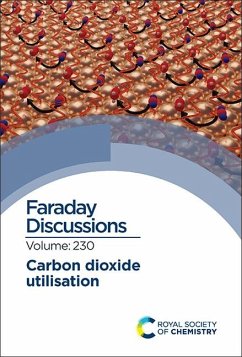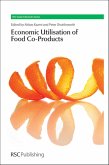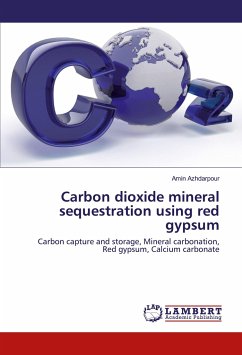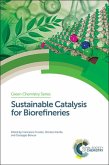Carbon dioxide (CO2) utilisation is an important part of ongoing activities to reduce greenhouse gas emissions in which CO2 is converted to commercially viable products, such as chemicals, polymers, building materials and fuels. Once activated it can be transformed into a valuable resource for chemical feedstocks, intermediates and value-added products. Since the 2015 Faraday Discussion on CO2 utilisation, there has been a rapid rise in research output globally, together with increased commercialisation. This interdisciplinary volume seeks to collate the developments made across science and engineering, with a view to seeing how further advancements can be made. In this volume, the topics covered include: Thermal catalytic conversion Accelerated mineralisation Life cycle and upscaling Emerging technologies
Hinweis: Dieser Artikel kann nur an eine deutsche Lieferadresse ausgeliefert werden.
Hinweis: Dieser Artikel kann nur an eine deutsche Lieferadresse ausgeliefert werden.








